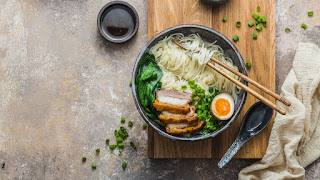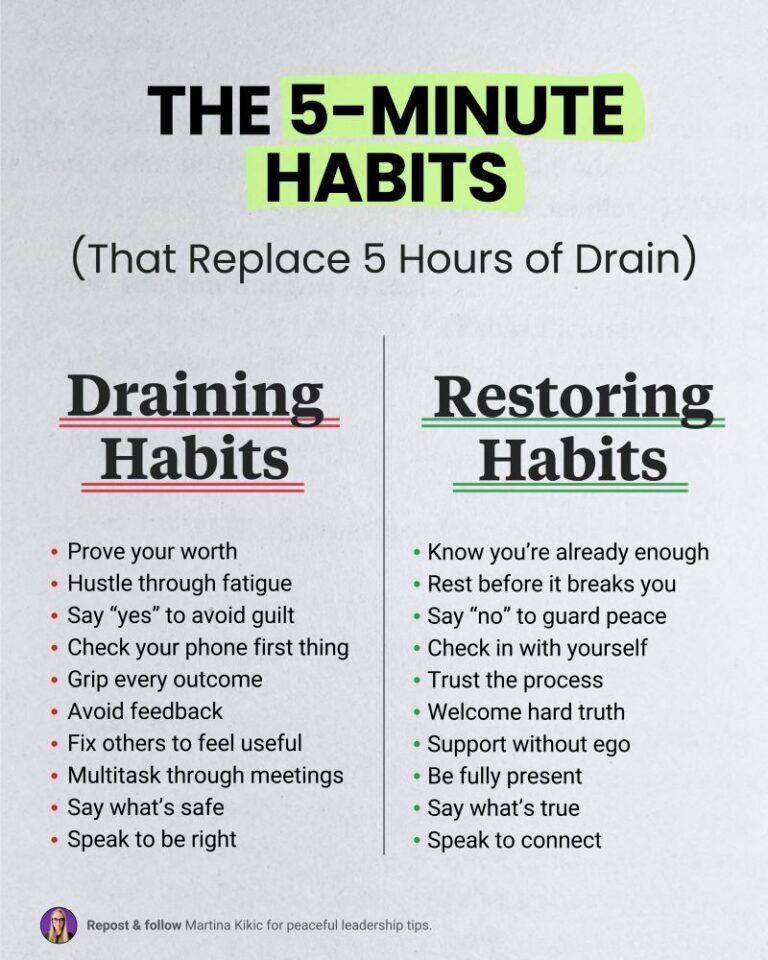By paying special attention to our diet, we do good for our body and mind. Traditional Chinese medicine allows you to regain energy and well-being. How do you get started with this subtle diet?
Summary
Consider food as your first medicine
Promote lukewarm nature and pungent flavor
Give pride of place to “living” foods
Remove “moisturizing” foods
Cooking everything together
Eat in reasonable amounts
Eat mindfully
Hydrate as you feel
Traditional Chinese medicine does not differentiate between body and mind. She sees health as a large network within which the different organic functions communicate through a current of energy called “Qi” or “chi”. She pays special attention to diet. How to detoxify your body and regain energy with Chinese medicine?
Consider food as your first medicine
“Chinese medicine is based on the principle that when we eat in a natural way and adapted to the needs of the body, with a balance between rest and activity, there can be no weight gain”, explains Audrey Loups, dietician. specializing in Chinese dietetics.
In Chinese dietetics, therefore, no diet, nor calorie counting: foods are not considered according to their different macro and micronutrient contributions (proteins, lipids, carbohydrates, etc.). They are defined by five types (cold, hot, cool, warm and neutral) and five flavors (sour, bitter, sweet, pungent and salty) which each have an impact on the body.
Food of a cold nature cools the body and slows down organ functions; food of a warm nature warms, stimulates vital functions and increases metabolism. “This nature corresponds to what food transforms inside the stomach,” says Dr. Michel Frey, practitioner in Chinese medicine.
As for the flavors, each corresponds to an organ on which it acts in a specific way. The acidic flavor influences the liver and gallbladder. The bitter flavor influences the heart. Sweet foods influence the spleen and pancreas. Hot foods influence the lungs. Finally, salty foods influence the kidneys.
“The alchemy of the menus must take all these factors into account,” continues Michel Frey. It is about playing on the quantities of each food and on the food combinations to obtain the plate most suited to the needs of the season. “
Promote lukewarm nature and pungent flavor
“When the school comes back to school, the sap slowly descends to the roots of trees and plants, just as the energy slowly internalizes, like a fold in the viscera,” explains Dr. Frey. To drain food toxins and reduce weight, act on the lung and large intestine, favoring a food with a spicy flavor, and promote a good seasonal transition by opting for lukewarm foods. »We must also favor foods of
Give pride of place to “living” foods
“Most of the current products that we consume (processed, etc.) are depleted in nutrients, and therefore void of vitality, underlines Audrey Loups. You have to find a maximum of foods rich in “jing”, that is to say in vital energy: organic fruits and vegetables of the season, sprouted seeds, freshly cut herbs … “
The good distribution of food in Chinese medicine
70% fruit and vegetables
10% oil seeds and vegetable oils first cold pressing
10% cereals (buckwheat, millet, rice, etc.)
10% eggs, fatty and lean fish, shellfish and crustaceans (as a priority), meat and dairy products (occasionally)
Remove “moisturizing” foods
“Many foods are limited or excluded from the Chinese diet because they produce moisture, ‘tan’,” says Audrey Loups. They act like a glue in the body which prevents the proper functioning of the free flow of blood, fluids and energy (Qi). “Too much moisture in the body promotes hydrolipidic build-up, which leads to weight gain.
Furthermore, some of these foods, in particular animal proteins, the sulfur-containing amino acid content of which activates the formation of toxins, should be avoided.
To remove or limit as much as possible:
Alcohol and alcoholic beverages.
All flour-based products (bread, pasta, semolina, etc.).
Dairy products (cow, sheep, goat).
Sugar and sweet products
Meat.
Cooking everything together
Unique dishes (food cooked in a wok for example), soups, mixed salads… preparing food together promotes the exchange of nutrients and boosts their synergistic action. It also helps to attenuate the different natures and flavors.
“The idea is to eat a little of each kind and flavor in every season, but with an emphasis on flavor and nature adapted to the body’s current needs,” recalls Audrey Loups.
Eat in reasonable amounts
“It is essential to be attentive to your feelings of hunger and satiety,” says Audrey Loups. According to Chinese medicine, it is better to eat four regular meals rather than two or three large ones that will go beyond what you need and promote imbalances. But be careful not to snack either! “A digestive rest period, ideally 6 hours, even if it is difficult with our rhythms, is necessary between each meal to assimilate. “
Eat mindfully
In order not to consume more food than what the body needs, it is imperative to be 100% about what you are doing when you eat. “You have to eat hungry first,” recommends Audrey Loups. There is no question of starting to eat if you are angry or stressed: it is imperative to calm down, for example by breathing deeply. Then, we appreciate visually and olfactorily his plate. It may be useful to help yourself to a dessert plate and drink a glass of water at the start of the meal. Finally, chew well and put down your cutlery between each bite. “
Movement rather than sport
Like our Western recommendations, traditional Chinese medicine advises physical activity. But by qualifying: “There is no question of exhausting yourself by moving too much and / or too intensively, warns Audrey Loups. Believing that you promote weight loss by burning calories is counterproductive because overworking exhausts the adrenal glands, which blocks weight loss. A little movement, all the time: this is the philosophy to adopt when walking, gardening, tinkering… regularly. Also good: qi gong (gentle gymnastics). Be active, not hyperactive!
Hydrate as you feel
If we consume 70% of fruits and vegetables, the body is considerably hydrated. No obligation therefore to drink 1.5 liters of water per day. We can be content with 1 liter or less, but not just water: other drinks, too, can do a lot for us.
Water with hydrosols (plant extracts) such as juniper or lemon juice.
Infusions of mint to help the body digest, mallow to eliminate stool or heather to eliminate toxins.
Green tea.
From deca.
Vegetable broths.
Plants to the rescue
– Saffron, in dishes, to fight against compulsive food intake linked to stress.
– Aloe vera juice, 1 tsp. to c. after meals, for better digestion.
– Bitter orange peel decoction after dinner to eliminate moisture in the body.








